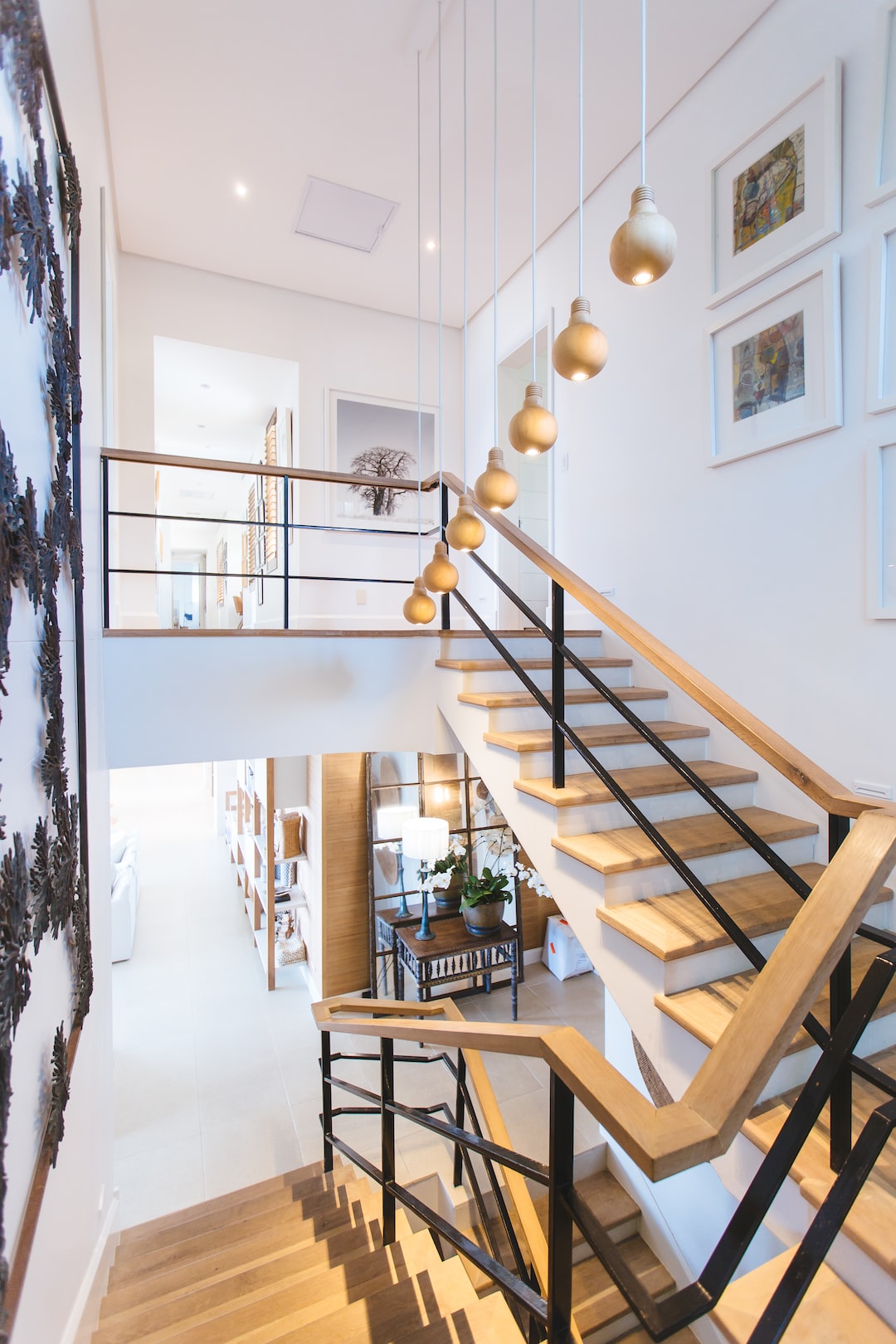The Pros and Cons of Renting vs. Buying a Property: What’s Best for You?
Deciding whether to rent or buy a property is a big decision that comes with significant financial implications. Both options have their advantages and disadvantages, and what may be best for one person may not necessarily be the best choice for another. In this blog post, we will discuss the pros and cons of renting vs. buying a property to help you make an informed decision that suits your circumstances.
Renting a Property
1. Flexibility: One of the most significant advantages of renting is the flexibility it offers. You have the ability to move to a different location without the hassle of selling a property. This can be particularly beneficial for individuals who frequently change jobs or prefer to explore different neighborhoods or cities.
2. Lower upfront costs: Renting typically requires a smaller upfront financial commitment compared to buying a property. While you may need to pay a security deposit, first and last month’s rent, and possibly some additional fees, it is generally much less costly than a down payment and closing costs associated with purchasing a home.
3. Maintenance and Repair: As a renter, you are not responsible for major maintenance and repair costs. When something breaks or needs fixing, you can simply contact your landlord or property management company, and they will take care of it. This can save you both time and money in the long run.
4. No property taxes and homeowners association fees: When renting, you aren’t responsible for property taxes, which can be a significant expense in some areas. Additionally, you won’t have to worry about homeowners association fees, which can add up quickly depending on the neighborhood and the amenities it offers.
Despite these advantages, there are also downsides to renting:
1. Lack of equity and long-term investment: When you rent a property, you are essentially paying someone else’s mortgage. This means you are not building equity or an asset that can appreciate over time. Rent payments are a recurring expense with no financial return, making it a less attractive option for those looking to invest in their future.
2. Limited control and restrictions: Renters are subjected to the rules and regulations set by their landlord or property management company. These may include restrictions on pets, renovations, and even how you can decorate the property. If you value complete control over your living space, renting may not be the best choice for you.
Buying a Property
1. Building equity and potential appreciation: One of the most significant advantages of buying a property is the ability to build equity and potentially benefit from its appreciation over time. Every mortgage payment you make contributes to your ownership stake in the property, allowing you to build wealth and invest in your future.
2. Freedom and customization: When you own a property, you have the freedom to make it your own. You can customize and renovate the space to suit your personal preferences without seeking permission from a landlord. This level of control over your living environment is a significant advantage for many people.
3. Tax benefits: Homeownership comes with various tax benefits, including deductions for mortgage interest and property taxes. These deductions can help reduce your overall tax liability and potentially save you money in the long run.
However, buying a property also has its drawbacks:
1. High upfront costs: Purchasing a property requires a substantial amount of money upfront. In addition to the down payment, you will also need to consider closing costs, inspection fees, and potentially other expenses such as moving costs. This can make it more challenging for first-time buyers to enter the market.
2. Responsibility for maintenance and repair: Unlike renting, when you own a property, you are responsible for all maintenance and repair costs. This can include everything from fixing a leaky roof to replacing a broken HVAC system. Being a homeowner often requires significant time, effort, and financial resources to maintain the property.
3. Possible decrease in mobility: Buying a property can tie you down to a specific location. If you are not planning to stay in one place for an extended period, or if your job requires frequent relocation, homeownership may not be the best option for you.
Ultimately, the decision between renting and buying a property depends on various factors such as your financial situation, lifestyle, and long-term goals. Carefully consider each option’s pros and cons mentioned above and evaluate which aligns best with your current circumstances. Remember, there is no one-size-fits-all answer – what works for someone else may not necessarily work for you.

